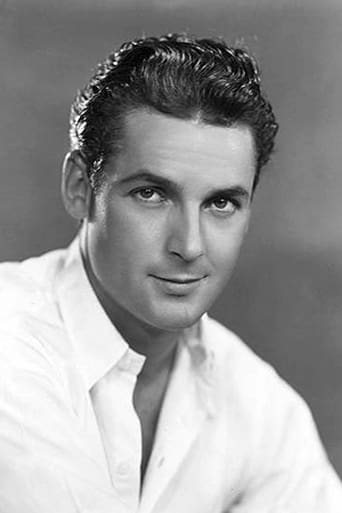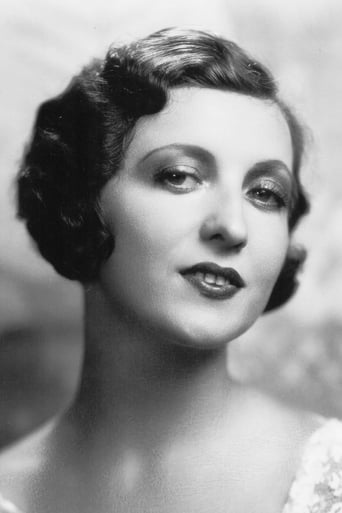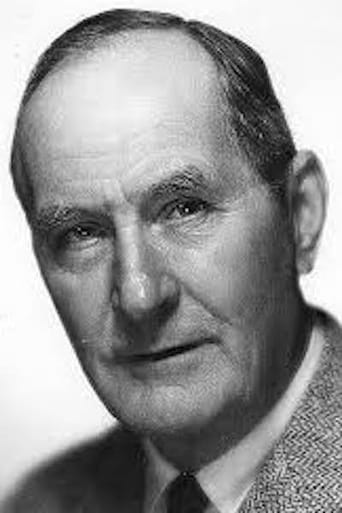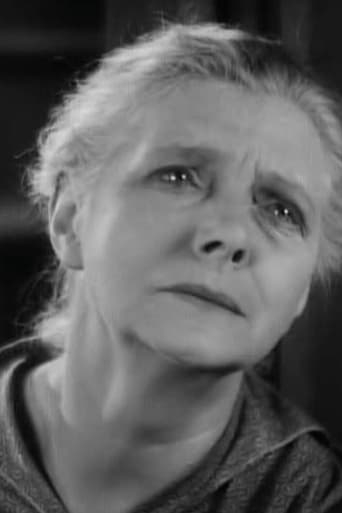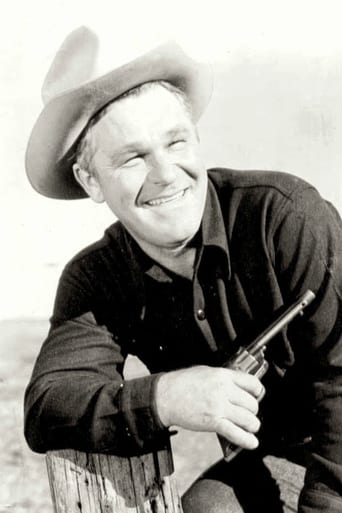Claysaba
Excellent, Without a doubt!!
Acensbart
Excellent but underrated film
Arianna Moses
Let me be very fair here, this is not the best movie in my opinion. But, this movie is fun, it has purpose and is very enjoyable to watch.
Taha Avalos
The best films of this genre always show a path and provide a takeaway for being a better person.
CJBx7
FW Murnau's CITY GIRL tells the story of Lem (Charles Farrell), a Minnesota farmer who goes to Chicago to sell his father's wheat crop, and Kate (Mary Duncan), a waitress who dreams of a quiet life in the country. The two meet in Kate's restaurant, and before they know it, they fall in love and impulsively marry. The road ahead isn't smooth going, though, complicated by Lem's stern, disapproving father (David Torrence) and an unscrupulous farmhand who has his own agenda for Kate (Richard Alexander). Will the love that Lem and Kate have be strong enough to weather the storm?The story is fairly basic melodrama, but told well and entertainingly. This reviewer isn't in favor of people marrying hastily, but Lem and Kate make a sweet couple and you genuinely want things to work out for them. There are some of the country bumpkin stereotypes in the story but the central characters are presented as individuals. Mary Duncan did very fine, expressive work as Kate, able to be sweet and charming but also convincingly standing her ground. Charles Farrell is very charming as Lem and captures his character's emotional conflict (wanting to protect his wife, but not wanting to oppose his father) very well. The supporting players also make good contributions, particularly Richard Alexander as the scheming farmhand – he shows his character's sleaziness and guile without overdoing it. This movie was made at the tail end of the silent era (made in 1929 but released in 1930) and shows Murnau's mastery of film. The cinematography and editing are practically flawless, with fluid camera-work and evocative shots, as well as some pretty expressive titles. The countryside is filmed beautifully. I was able to watch a crisp print of this film with a wonderful score by Christopher Caliendo. A very engaging film. SCORE: 8/10
kurosawakira
This is it. I've so far thought of and approached Murnau more with sensible appreciation than passionate investment where I'm not only swept off my feet, but myself allow to be. "Nosferatu" (1922), "Der letzte Mann" (1924) and "Sunrise" (1927) exhibit his genius, but for some reason this works for me wholly differently. Perhaps I come to this from the right direction: "L'Atalante" (1934), "Coeur fidèle" (1923), "Der Blaue Engel" (1930), "Days of Heaven" (1978), and so on. It does feel like there has been something missing in its place, now domiciled, referred to by these films I love. Now I feel like I've always carried the film with me.You might know Murnau disliked intertitles, and I guess this would perfectly work without them, since I find the visual language even stronger and more lucid than in "Der letzte Mann", which, if you've seen that film, might be even frivolously arrogant an argument. But the way he constructs each scene to convey things visually, not only plot and "dialogue" but also atmosphere, is panoptic, personal yet fluent.The Blu-ray released by the Masters of Cinema (Region B) is shockingly wonderful in quality. I'm not partial to the Christopher Caliendo score. Someone somewhere (vague enough?) remarked how on occasion it seems like the score is competing with the image instead of complementing it and I paraphrase because there wouldn't be a better way to express how I feel about it. Indeed, I prefer seeing the film without sound – Murnau carries the film forward so eloquently, effortlessly through the image and editing that all emotion disseminates vividly. All of this is so masterful I wouldn't be too much out of my wits if I argued for this film to be among the very pinnacle of silent film – and any cinema for that matter.The scene where they first arrive together and run through the field might be the most exhilarating film moment ever.
zetes
Murnau's third American film after Sunrise and the lost Four Devils, and his penultimate before Tabu. City Girl, of the surviving three, is the least seen. The reason for this must be its close resemblance to Sunrise, which is a masterpiece of the first order. Yes, City Girl does remind one of Sunrise in its mood and focus. A young rube from Minnesota (Charles Farrell) travels to Chicago to sell his father's wheat crop. Business-wise, the trip doesn't go well, but his romantic world blossoms when he meets up with a lonely waitress (Mary Duncan). The two marry, and the rest of the film deals with Duncan's fight for acceptance on the farm, where she faces a fierce opponent in her father-in-law (David Torrence). The film is romantic, emotionally moving and utterly beautiful. Yes, it is a lot like Sunrise, but, heck, who wouldn't want a second Sunrise? It's hardly a carbon copy, anyway, so it's like another wonderful gift. City Girl is a masterpiece, as well. I'm not the biggest fan of Murnau's German films, but his three surviving American films are probably the best proof of the sentiment that the silent cinema was at a miraculous level right when it was snuffed by sound. Murnau tragically died in an auto accident in 1931. I find it hard to imagine his work in the talkies, but I have an inkling that the cinema would be rather different if he had survived.
dbdumonteil
This is the next to last work by Murnau and ,like most of his movies,it should not be missed.Using the same actors as Frank Borzage in "The River" ,he tells us a story which could still happen today.The sexually repressed boy,under an over possessive dad's -looking sometimes like a patriarch from the Bible- thumb ,whose wife is treated like dirt (by her in-law)or as a sexual object (by the farm workers) ,is a character we can meet every day even in 2008.In "The river" Mary Duncan warmed up Charles Farrell's body with her own body.In "city girl" she did again ,metaphorically.Admirable scenes: -the scene of the breakfast (the bread) which segues into that one in the eating-house.-the arrival in the country house,the warm welcome of the mother and the harshness of the master.-all the scenes with the boy and the workers where he realizes he is not a man like them.Perhaps the great director was opening up in these scenes which predate other works (Minnelli's "Tea and Sympathy" ,and in France Miller's "La Meilleure Façon de Marcher"):Murnau was gay and felt ashamed of it.People who are allergic to silent movies ,you can enjoy Murnau's films:they do not need the sound,they have everything.


